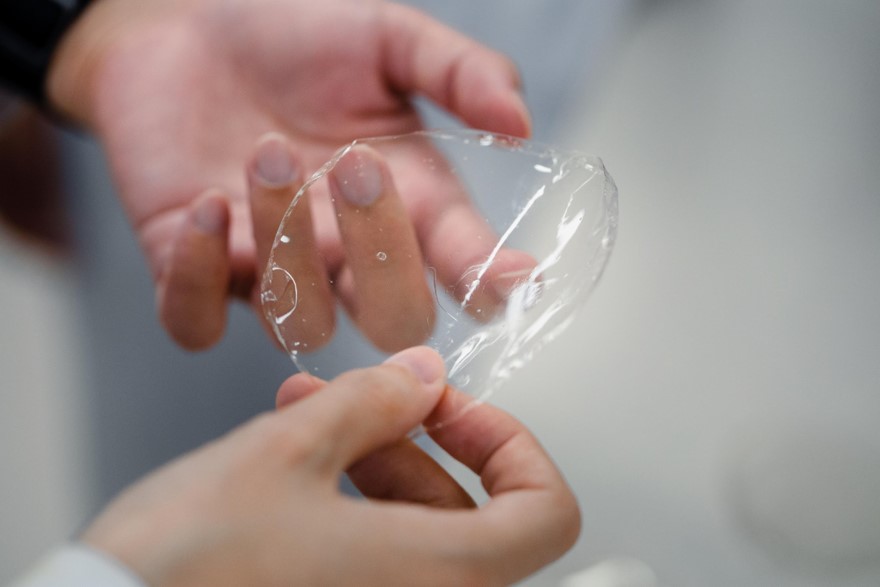The world’s plastic crisis continues to present itself in everyday life, even affecting us all on a global scale. Since 1950, 300 billion tonnes of plastic have been produced on our planet each year, with approximately 8.3 million tonnes of plastic becoming waste and sitting in landfills for decades. Although a plastic crisis solution will never be able to turn back the time and reverse the harm already done, it will provide a stepping stone to a better future – one with minimal or no pollution.
Notpla, a London-based firm, has already been working towards this utopia. They have been manufacturing seaweed-based alternatives to single-use plastic packaging. In 2022, the 2014 established company received a £10 million ($13.5 million) Series A fundraising round headed by VC firm Horizons Ventures. These efforts would allow the firm to grow and advance its product portfolio. What sets Notpla’s products aside from the others is the ability to be composted or dissolved after usage, while some of Notpla’s products are even designed to be edible. Design director Karlijn Sibbel takes inspiration from nature itself – more specifically, the idea of the peel on a fruit. “A peel will eventually be used (as nutrients) by nature and disappear and become a part of the cycle,” she said. Sachets for condiments, water, and surprisingly alcohol are already available, as well as a film wrap for pantry or bathroom supplies like coffee or toilet paper and takeout boxes with a seaweed layer to make them totally biodegradable. “I’m amazed at far plastic alternatives have come.” marvels Avery Yang (10).
A plethora of experts has suggested that single-use plastics are superfluous and dangerous. Corporations have even gone under fire for using them excessively, such as when Whole Foods’ peeled and individually wrapped oranges went viral in 2019. Various United States governments and towns have taken action: New York has banned most plastic shopping bags, while plastic straws have been prohibited in Miami Beach. Overseas, the European Union implemented a wide ban on single-use plastics this summer, and India stated in August that it aims to follow suit next year. “It’s getting more and more clear how big the plastic problem is,” Sibbel said. “Manufacturers are “using materials that last for thousands of years, but for products that are only in use “for a few minutes,” Sibbel emphasizes how much this dilemma needs to be solved sooner than later.
Rodrigo Garcá González and Pierre Paslie, the founders of Notpla, first considered seaweed as a solution to the world’s plastic problem since “it is abundant, grows rapidly, does not compete with land crops, and sequesters carbon from the atmosphere,” according to Sibbel. Sibbel explained how using seaweed has other benefits besides the plastic crisis. “Seaweed doesn’t use land; it doesn’t use pesticides,” Sibbel said. “It can grow into the ocean and the sea, where it actually has a lot of positive benefits, so it can create new ecosystems for other organisms to thrive in.” Notpla’s debut product, the Ooho sachet, which carries single doses of liquids, allowed the firm to receive subsidies from the British government agency Innovate UK and the circular economy charity Ellen MacArthur Foundation since its inception. The extra funding will be used to increase manufacturing of the Ooho and Notpla coatings, as well as to continue developing their innovative seaweed paper and versatile film wrap. In conjunction with the online meal ordering service Just Eat, the business tested 30,000 takeout boxes at various UK eateries last year, and plans are in the works to provide the boxes across Europe during 2022. Notpla’s team intends to replace single-use plastic in the supply chain more generally as they scale it, Sibbel said, but she recognizes the difficulty of such a job given the number of plastics consumed throughout the world. “I don’t think one material (or) one solution would fix everything,” she added, “but we believe that seaweed checks all the appropriate boxes.




























